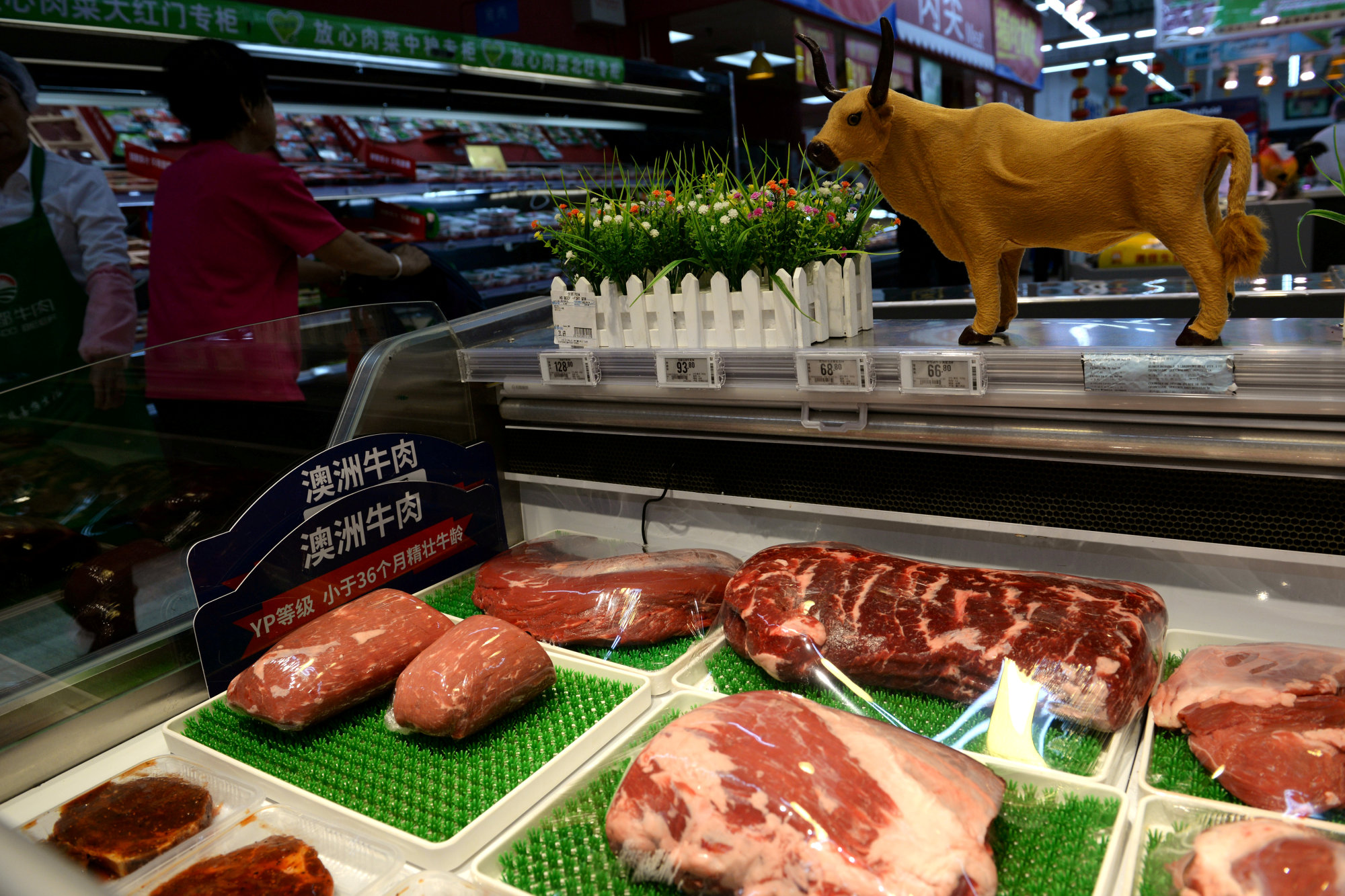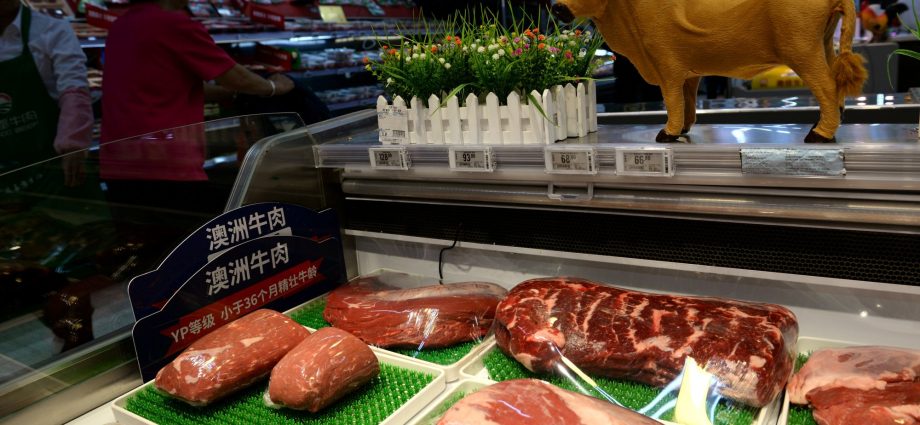Chinese ecommerce giant JD.com is ramping up its online grocery business and lower-tier market operations, as a slowing economy and draconian Covid-19 restrictions raise the urgency for the country’s largest private business to seek new growth engines.
The Beijing-based firm announced on Tuesday that it aimed to bring more shoppers to its JD Supermarket service partly by strengthening partnerships with offline retailers, including Walmart.
The US supermarket chain has been collaborating with the Chinese company to attract more online customers during the pandemic, with JD Supermarket contributing to roughly 40% of sales at several Walmart outlets in Beijing, said Liu Lizhen, a vice-president at JD.com.
The so-called omnichannel approach, which aims to create a seamless experience for consumers between physical stores and online platforms, mirrors strategies adopted by Amazon. The American ecommerce giant has managed to increase its physical retail presence in the US through a tie-up with upscale grocery chain Whole Foods Market, which it bought in 2017.
JD.com is renewing efforts in China’s online grocery market, despite tough challenges such as dampened consumer demand and logistics difficulties.
Nasdaq-listed Missfresh, which saw its fruit and vegetable delivery operations severely disrupted by quarantines and lockdowns, abruptly announced in July that it ran out of cash, dismissing workers and leaving suppliers unpaid.
Alibaba Group Holding, owner of the South China Morning Post, reported an unprecedented 1% drop in ecommerce revenue for the June quarter from a year ago, as total net income halved.
JD.com, meanwhile, recorded 5.4% year-on-year revenue growth in the same quarter, the slowest since the company went public in 2014.
Budget-focused e-commerce platform Pinduoduo, however, beat estimates to post 36 per cent revenue growth, as cash-strapped consumers searched for bargain deals.
JD.com said on Tuesday it planned to enhance supply chains and expand into lower-tier cities, where consumers tend to be more price-sensitive.
“Out of China’s 1.4 billion people, more than 1.1 billion live in lower-tier markets,” said Liu. “We have reasons to believe that those markets will unleash more consumption power.”

Last year, JD.com invested US$800mil (RM3.60bil) in on-demand delivery service Dada Nexus to compete against rivals such as Meituan and Alibaba’s Tmall, which have promised grocery deliveries within 30 minutes.
As flare-ups of Covid-19 cases and resulting lockdowns confined consumers to their homes, Liu said the growth rate of JD.com’s intracity grocery delivery business surpassed 500% in the first half of this year.
The company is working to reduce the costs of its intracity operations, Liu added.
On Tuesday, JD.com became China’s largest non-state-affiliated business by revenue, according to the China Enterprise Confederation’s Top 500 Chinese Enterprises list. – South China Morning Post

